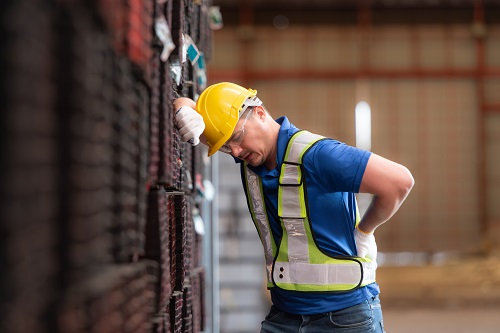A landmark ruling from the Supreme Court means that Uber will be reclassifying its 70,000 UK drivers as workers rather than self-employed contractors.
News
Uber drivers entitled to workers’ rights, Supreme court rules
The unanimous dismissal of Uber’s appeal handed down by the court on 19 February ends a long-running legal battle.
It means Uber drivers are entitled to a minimum wage, holiday pay and other benefits which are not enjoyed by gig economy workers, for the first time.
Uber had argued that its drivers are free to work when they want and as much or as little as they want. The company said this made them ‘independent contractors’ not workers. However, the court disagreed, resting its case on five key factors.
For example, the court highlighted that once a driver has logged onto the Uber app, the driver’s choice about whether to accept passengers is constrained by Uber. The company can also terminate the driver's employment if their average customer ratings are not maintained.
“Taking these factors together, the service performed by drivers through the Uber app is very tightly defined and controlled,” said the judgment. “Drivers are in a position of subordination and were rightly found to be workers.”
In welcoming the ruling, TUC general secretary Frances O’Grady said: “No company is above the law. Uber must play by the rules and stop denying its drivers basic rights at work. This ruling is an important win for gig economy workers and for common decency. Sham self-employment exploits people and lets companies dodge paying their fair share of tax.”
She added: “Ministers must use the much-delayed employment bill to reform the law around worker status. Everyone should qualify for employment rights unless an employer can prove they are genuinely self-employed.”
Commenting on the ruling, Stephen Cotton, General Secretary of the International Transport Workers’ Federation (ITF) called on Uber to extend protections to its drivers and riders globally.
“It’s time for Uber to abandon both its predatory business model and its aggressive legal and regulatory strategies and recognise their drivers and riders as workers with protections and rights that they are entitled to.”
Jason Brennan, a director at HR software company Wrkit, said other business models which operate using freelance contractors may have to follow Uber’s lead. “By extending employee benefits to Uber drivers, Deliveroo delivery riders and other similar roles, businesses will enjoy heightened employee engagement, retention and wellness.”
The rise of ‘on-demand’ work managed by online platforms such as Uber is changing the way work is organised and challenging traditional forms of employment.
Matthew Taylor, in his 2017 report Good Work, called for a change in the rules on employment status particularly for those who are subject to control
and supervision.
The government has taken forward a number of Taylor’s recommendations and has pledged to do more to protect those in low paid work and the gig economy. The Employment Bill 2019-20 was announced in the Queen’s Speech on 19 December 2019. No date is yet available for second reading.
NEWS

Nation in declining health as UK marks pandemic anniversary
By Belinda Liversedge on 25 March 2025
Around one in seven (14 per cent) UK adults have experienced a long-term health condition because of the virus.

Review leader says “new era of workplace health” must solve long-term sick crisis
By Belinda Liversedge on 20 March 2025
Employers must “adapt with the times,” the leader of a major government review has urged, which confirms record numbers of people suffering from work-limiting health conditions and increasing joblessness due to mental ill health.

Intervention is key, says PwC as 4.4m more workers set to leave labour market
By Belinda Liversedge on 17 March 2025
Considering leaving work has "gone mainstream" says a new report, with one in 10 UK workers actively considering leaving work with mental health the main driver.



